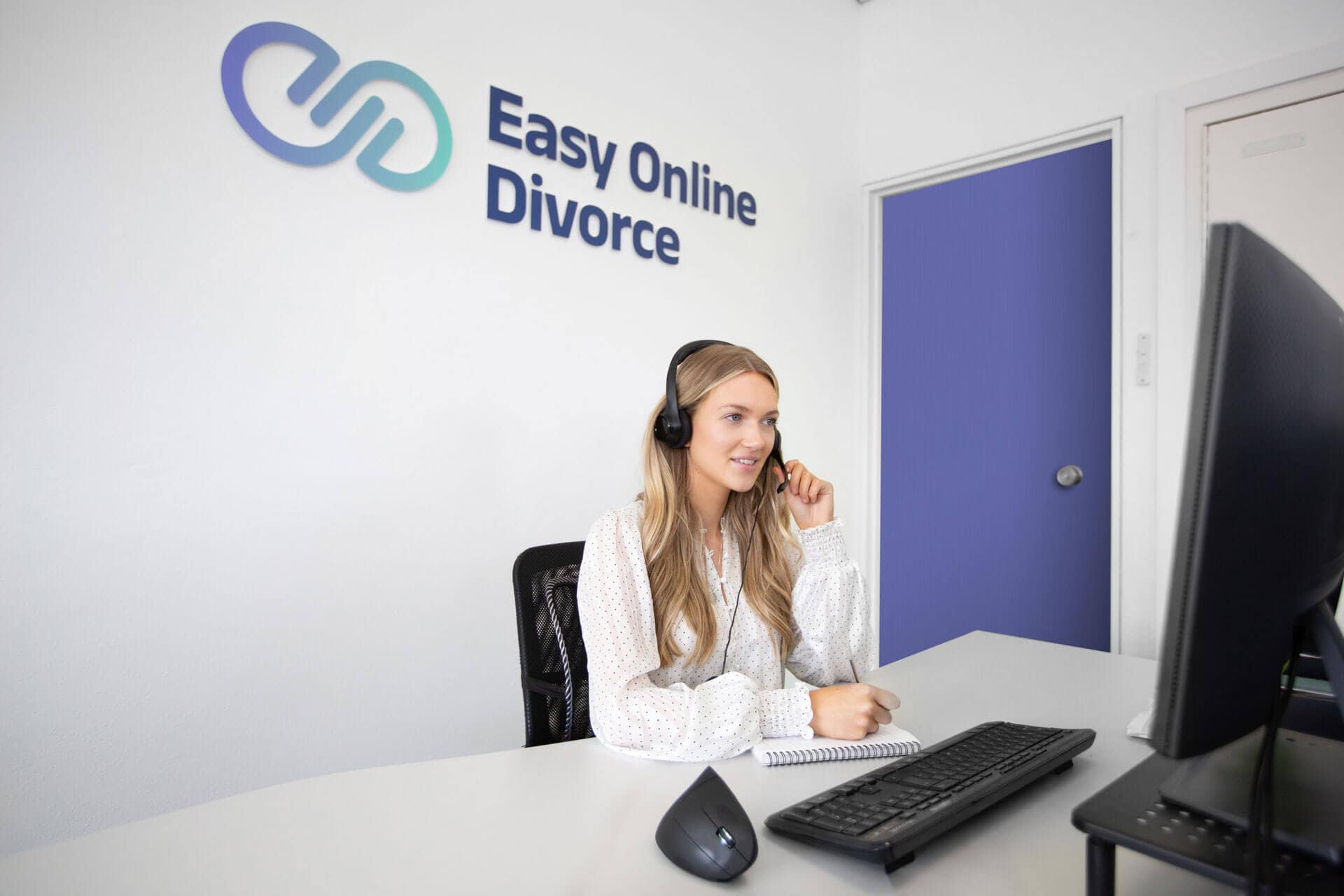Why Do Couples Stay Together in Unhappy Relationships?
Have you ever wondered why unhappy couples stay together? Maybe right now, you are in a relationship even though you are unhappy, but you just can’t seem to do anything about it. This article explores the three most common reasons why unhappy couples stay together and the one common thread that holds them together.
Staying Together for Kids
Often, couples stay together to see children through school and break up shortly after they’ve flown the nest. One of the biggest decisions unhappy parents face is deciding whether staying together benefits their children or hurts them. We tend to think that staying together is the best choice, but kids sense when parents are unhappy in marriage. In my own experience, my turning point was when I asked myself if I’d want my children to be in a relationship like mine. Realising I wouldn’t gave me the strength to face the reality that my marriage was over.
Maintaining Status and Wealth
Couples often run away from marital issues to maintain their status. In a world of keeping up with the Joneses, and when your friends and family’s relationships seem trouble-free, it takes a tough person to turn their back on the house, the car and annual luxury holidays that families commonly enjoy.
Investment theory explains how people stay in a relationship to protect their resources. They would only leave a relationship for a better partner, infidelity, or another serious issue that they can’t ignore. Research shows that people would stay with a trustworthy partner over an attractive one. However, they would leave a trustworthy partner over a wealthier partner.
Unhealthy Attachment Styles
People who have an anxious attachment style tend to become preoccupied with relationships and deeply influenced by fear of change. On the flip side, those with dismissive attachment styles are more likely to leave relationships too quickly.
Researchers found that fear of change plays a significant role in why people remain in unhappy relationships. People with anxious attachment styles are committed even when their needs are not met. In contrast, those with lower fear of change had lower relationship commitment explaining why some people avoid relationships in the first place.
This can be even more complicated if both partners have an anxious attachment style. In this case, marriages can drag on for years, with both partners equally dissatisfied in their unhappy marriage.
The Consequences of Unhappy Marriage
It can be extremely distressing and damaging to our physical and mental health when we stay in unhappy relationships for a long time.
One thread that runs through all three major reasons is fear. Fear of damaging our kids, fear of losing our wealth and fear of change. It’s the stuff that keeps you up at night, that makes you think better the devil, you know.
If you are in this situation, you probably know in your gut what you must do. But the fear holds you back, keeping you a prisoner.
So how do you overcome your fear?
This fear stems from judgment from other people. We are left feeling scared and nervous about taking the leap towards a better life, as the brain continuously says that we are sure to fail.
We’re afraid to expose our failings and weaknesses to the world, assuming that people will view us as incomplete.
We fear that this incompleteness will make us less attractive, less sought-after, less lovable – which is NONSENSE!
People are going to judge you anyway, so why not live life on your terms? And if that means divorce is the right choice for you, then that is your choice.
Everything you’ve ever wanted is on the other side of fear.
Don’t let your fears paralyse you from living your life. The alternative is to live a life of regret, and that is no way to live.
Divorce is not the end of your life; it’s the start of a new chapter. We can use this time for personal growth that can lead to satisfying relationships once we are ready – even after being unhappy in a bad marriage for years or even decades.
If you would like to discuss any of the points raised in this article, or online divorce in general, email us, call us on 0204 530 8101 or schedule a call back below.


